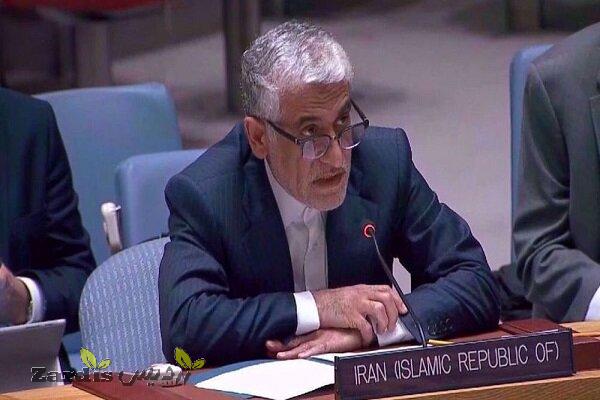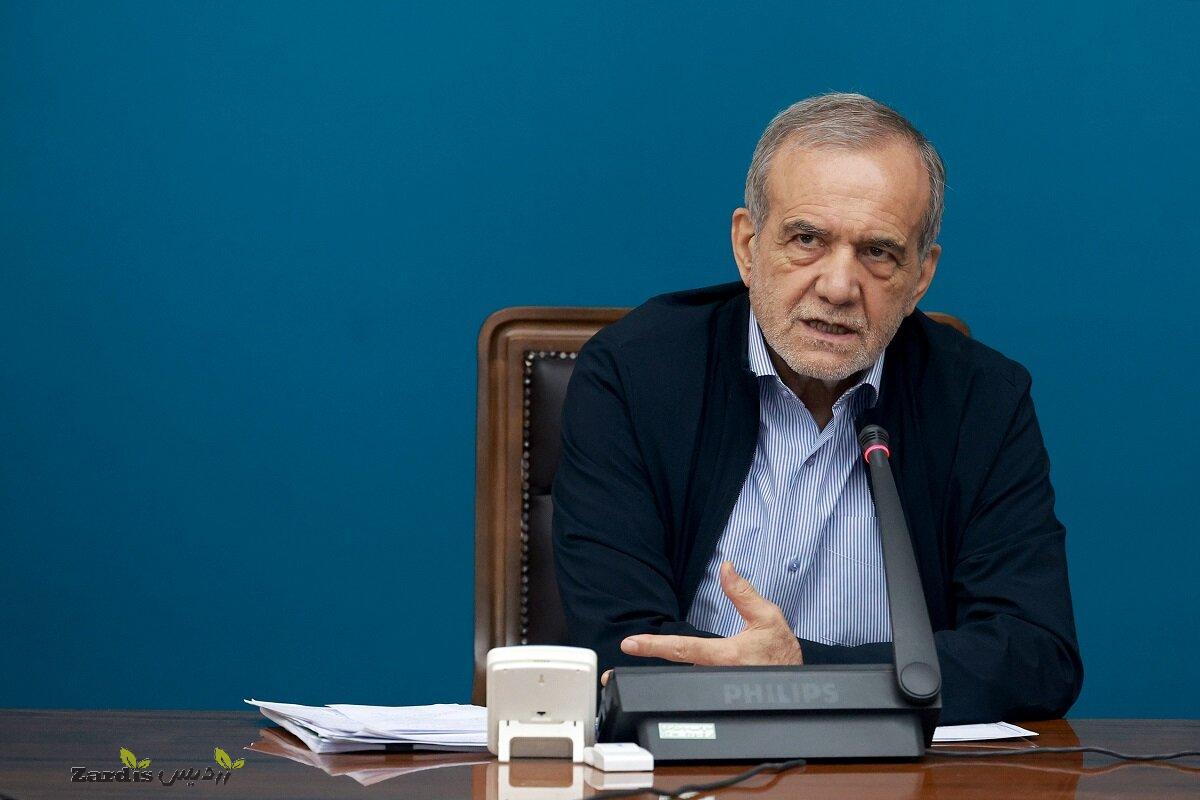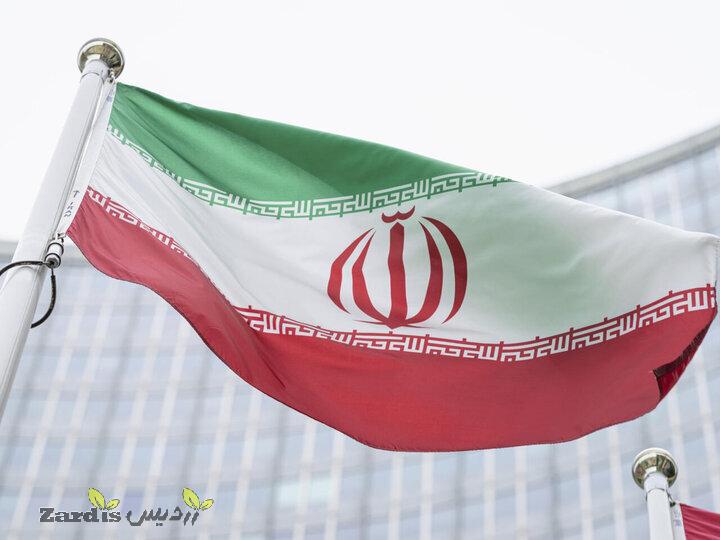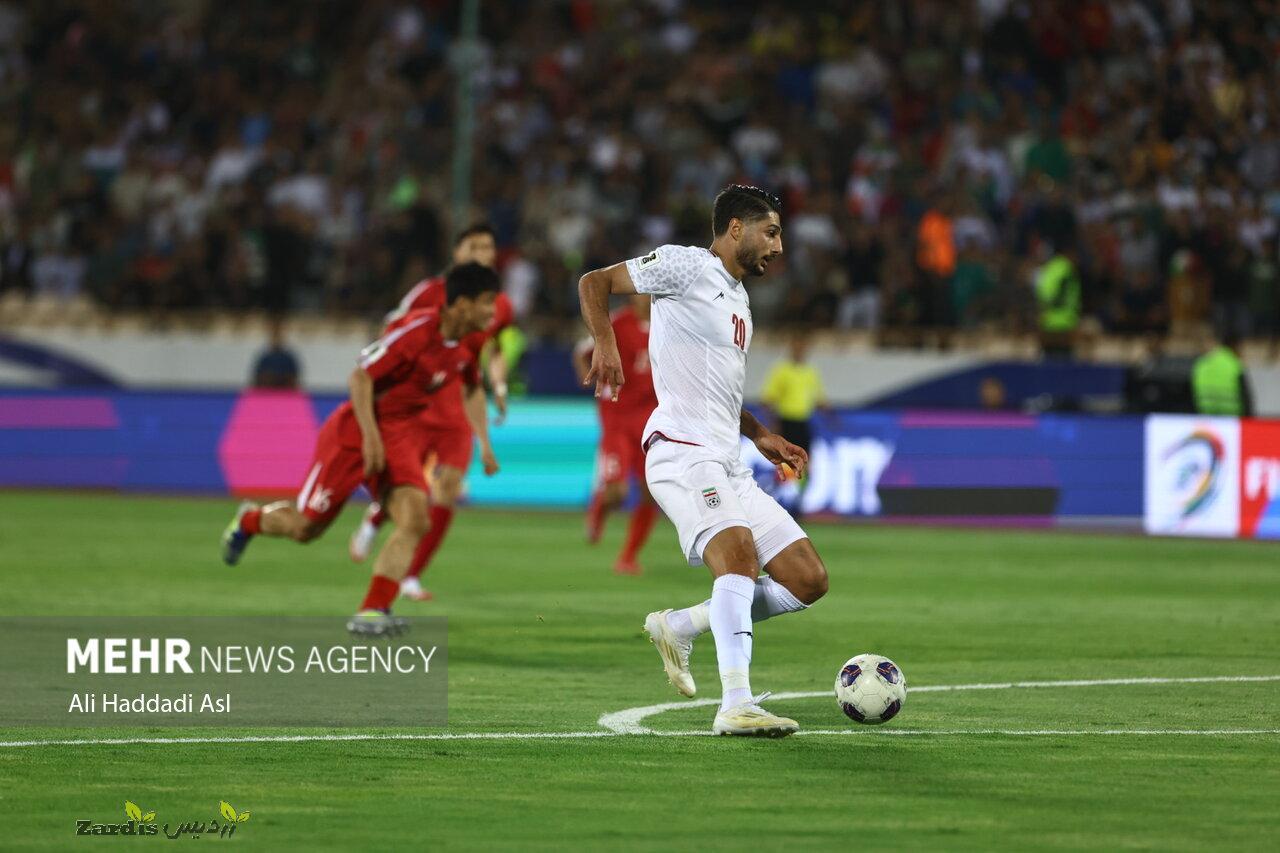TEHRAN – In the latest move to achieve advanced nuclear technology, Iran announced on Friday that it produced the first batch of 60% enriched uranium for the first time.
“On Wednesday, we ordered the launch of 60% and today at 00: 40 AM (Friday) we got the 60% product. The product we produce now is about 9 grams per hour. They are working on arranging the chains, which reduces our production of 60% [enriched uranium] and may reach 5 to 6 grams. But with these two chains, we produce 20% [enriched uranium] at the same time,” Ali Akbar Salehi, head of the Atomic Energy Organization of Iran (AEOI), told state TV on Friday noon.
The nuclear chief described the new level of uranium enrichment as a “big move.” Salehi said Iran acted within the framework of a nuclear law passed by the Iranian parliament, which obligated the Iranian government to step up nuclear activities in response to the West’s inaction regarding the lifting of U.S. sanctions on Iran.
Salehi said he informed the parliament speaker, Mohammad Bagher Qalibaf, of the nuclear achievement early in the morning. The speaker, for his part, announced the matter using pompous words.
“I am proud to announce that at 00:40 last night … young and pious Iranian scientists were able to obtain a 60% enriched uranium product,” the speaker said on Twitter, congratulating the Iranian people on this success. “The will of the Iranian people is miraculous and will thwart any conspiracy.”
Enrichment at any level
The rapid production of 60% enriched uranium, Salehi said, showed the preparedness of the AEOI in such a way that when officials issue instructions it can carry out them immediately. This may have caught many observers off guard given the drama that followed the recent act of sabotage targeting the Natanz uranium enrichment plant, where Iran now produces 60% enriched uranium. Western intelligence sources were quoted by Western media outlets as estimating that the sabotage at Natanz undermined Iran’s ability to enrich uranium – let alone raising the enrichment level – for at least nine months, a claim that was rejected by Iran immediately.
However, Iran surprised the world by informing the International Atomic Energy Agency (IAEA) of its decision to enrich uranium to 60% purity at Natanz. And even when Iran announced the decision, some sought to cast doubts on it by highlighting the difficult technical aspects of the matter.
Undaunted by discouragement, Iran pressed ahead with the decision and got the first batch of 60% enriched uranium on Friday. Iran is now underlining that it can enrich uranium at any level.
“Any enrichment is now possible and we can do it anytime,” Salehi said one day after President Hassan Rouhani noted that Iran is capable of enriching uranium to 90% purity.
The 60% uranium enrichment was another indication that the West failed to prevent Iran from making scientific progress including in the nuclear field. Iran’s nuclear program has been steadily moving forward despite Western pressures and sabotage in the past two decades.
Now that Iran is once again engaging in talks with the West it’s worth recalling that Iran refused to bow to pressure and that’s was the main reason for ratcheting up nuclear activities. There is a growing belief in Iran that the West wants to bully Iran into shutting down its nuclear program while keeping the sanctions structure in place. But Tehran has made it clear that the U.S. must lift all the sanctions that were imposed on Iran during the Trump administration and then the Islamic Republic will reverse its remedial nuclear measures after verifying the sanctions relief.
Whether the U.S. will return to the voice of reason by lifting its sanctions remains to be seen. Iran has agreed to engage in the Vienna nuclear talks but it said its engagement is not unconditional. Iranian is now demanding that these talks be concluded within a specific time frame without any protraction.
Leader of the Islamic Revolution Ayatollah Seyed Ali Khamenei has recently warned against prolonging the talks.
“I have discussed the country’s policy with officials both in public and private meetings and also in writing. It is clear what the country’s policy is and what officials should do. Now, they have decided to negotiate in order to implement this same policy. I have no problem with this, but they should be careful not to let negotiations become too draining or allow the other side to lengthen the negotiations too much, because this is detrimental to the country,” the Leader stated.
Therefore, the United States now should decide between lifting its sanctions in a reasonable time frame and facing an ever-progressing Iran that is intent on pressing ahead with its nuclear measures.
- News code 19792
- 244 View
- بدون نظر
Zardis news | The latest news of Iran and the world
تمامی حقوق مطالب برای Zardis news محفوظ است و هرگونه کپی برداری بدون ذکر منبع ممنوع می باشد.
طبق ماده 12 فصل سوم قانون جرائم رایانه ای کپی برداری از قالب و محتوا پیگرد قانونی خواهد داشت.
طراحی و اجرا: سامانه سایت ساز زردیس
